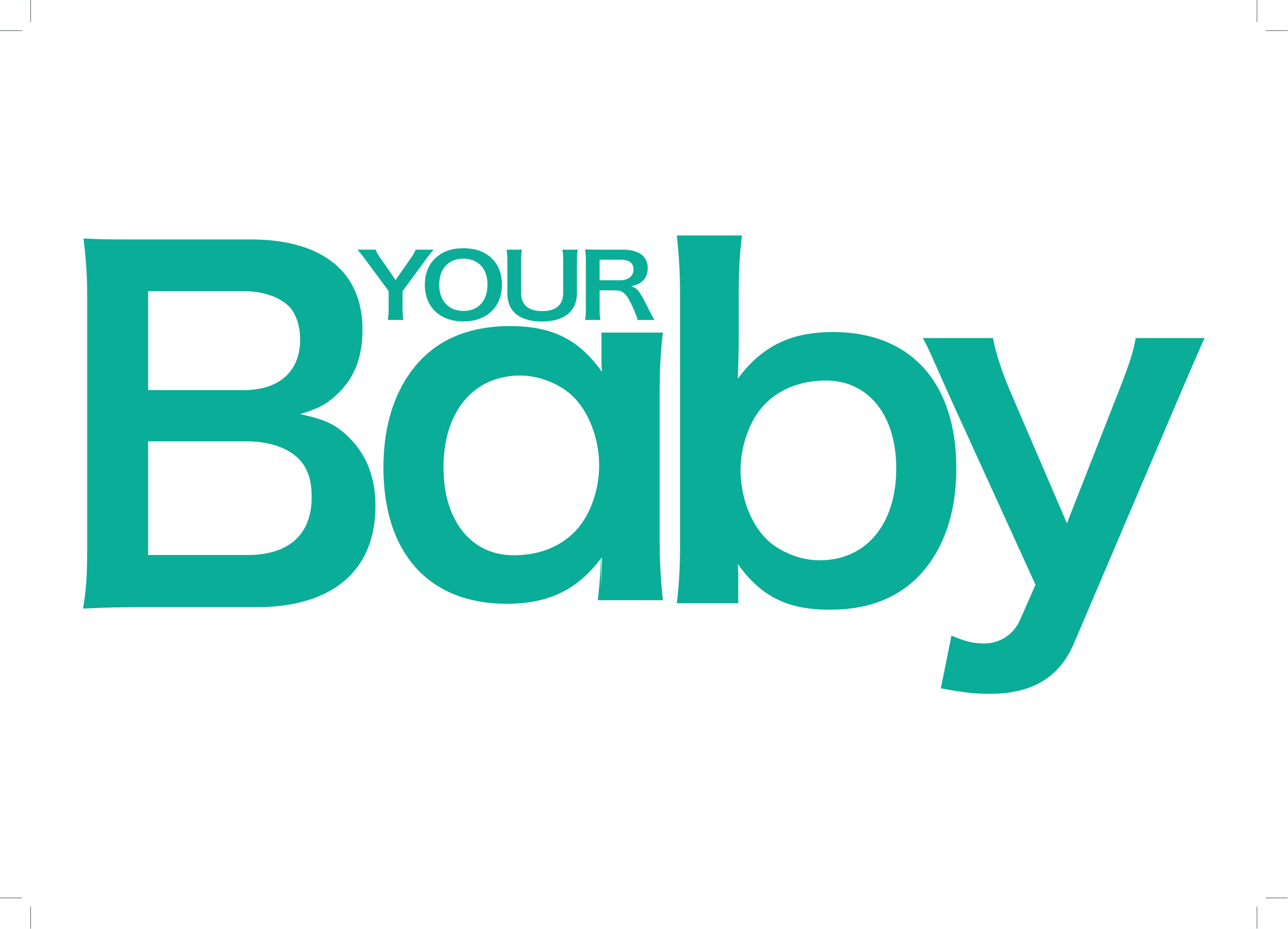
When Romy was heavily pregnant her treasured moment of the day was when she’d get home from work, make a cup of tea, turn on the TV, put her swollen feet up on the coffee table and enjoy her favourite soapie. As that familiar theme tune started up with its swirly violins, she felt herself relax, ready to enjoy half an hour of pure indulgence. Romy swears that when her baby Harry was born, the theme tune of that show seemed to calm him. As soon as the music played a dreamy look would come over him, and once again, Romy would get her much needed half hour of relaxation time. She firmly believes that he associates it with the calm he felt in utero when his mom had her down time. Having heard this story, I was interested to see a recent study in the United Kingdom found that babies do, in fact, recognise and prefer music that they heard while in the womb.
Power of music
If you’ve ever hummed a lullaby to a baby, distracted a toddler on a car journey with 14 verses of Old MacDonald, or clapped out a rhythm for a marching pre-schooler, you’ve experienced the power of music. Making music is one of the most basic human instincts. All cultures have music, using voice or primitive instruments. Babies around the world are sung to sleep with lullabies that have a tempo similar to that of the human heart in a relaxed state. A mother’s voice has an almost magical ability to soothe and calm a baby. Music affects us in extraordinary and mysterious ways – it can make us cry, and dance, and smash guitars on stage – and science continues to find new and surprising evidence of its power.
Power of music
According to Dr Annette Lotter, a doctor of education who specialises in brain profiling, babies can hear and process sounds from three months prior to birth, and this has a profound effect on their emotional development. She says, “At this time, we also see the development of the mid brain, which deals with emotion. The baby in the womb is experiencing emotion, as well as recalling sound. When she hears happy voices, positive sounds and music, she experiences positive emotions. If she hears shouting and screaming and aggressive music, she will experience negative emotions, like anxiety and fear, and her heartbeat will respond accordingly. I believe that the basis of our emotional intelligence is already formed before birth. A baby who has developed a negative foundation of emotion will be fearful of new situations and distrustful of people.”
Dr Lotter says that our bodies respond physically to different types of music, and she believes that music can be used to help us relax, concentrate or go to sleep. She explains, “Throughout the day, brain waves vary in any human, baby or adult. When you are experiencing alpha brain waves, both hemispheres of the brain are active and you have total access to both sides of your brain. You feel focused, relaxed and content. If you are agitated, the non-dominant hemisphere in the cortex will switch off. So you might find yourself unable to remember or recall information like names and facts.”
Music will have a direct impact on these brain waves, she says. “A normal heartbeat is more or less 60 to 75 beats per minute. To induce alpha brain waves, where the two hemispheres are open and functioning well and your child is primed to learn, you can play music with the same beats per minute; what I call active music. Various music, from Mozart to the Bee Gees, as found in the Majors for Minors series of CDs, can have that effect.”
To relax your baby, for instance during breastfeeding or before putting her down to sleep, you should play slower music. Dr Lotter, who consults to Majors for Minors, says, “The music we put together on the Symphony of Sleep CD and the Mother Nature CD, is what we call passive music. It will encourage theta brainwaves and help the baby relax. Within about 10 minutes, you will see her start to calm and fall asleep.”
By contrast, very fast and noisy music makes the heartbeat faster. Dr Lotter says, “Music faster than 75 beats per minute affects the functioning of the cortex. So when your toddler is sitting in front of a noisy cartoon, or your pre-schooler is playing a video game, she is not able to process information rationally. The information she sees goes to the middle brain where values and beliefs are kept, which is a problem if it is a violent cartoon image, for instance.”
Music and learning
Music is linked to speech and language, which in turn forms the basis of reading and writing. Like speech, music has rhythm, pitch and tone. Through listening to and joining in with nursery rhymes and simple songs, babies and toddlers learn important auditory skills. Genevieve Ryan, music teacher at Bellavista School explains how music can have a positive effect on language. She says, “In our music classes, the children listen to the beat, to whether the music is fast or slow, loud or soft. We do active listening exercises. I put a story to a piece of music, which helps them understand and remember. They have to focus and listen for different instruments to come in.” She says that music helps concentration too: “When they play together, each child is keen to play but has to listen for when to come in, and wait his turn. It is good for impulse control.”
Songs build vocabulary – think how “Head, shoulders, knees and toes” teaches the names of body parts, or “Old MacDonald” prompts your toddler to chip in with the names of different farm animals – and give opportunities for practicing pronunciation. Nursery rhymes and songs help little children develop phonemic awareness (the ability to hear sounds and distinguish between them), and phonemic awareness is a key skill for reading.
Songs develop memory and cognitive skills too as your little one remembers the words and processes their meanings. They engage the imagination and the sense of humour. Some songs have a mathematical element (“Ten Green Bottles” or “There were Three in the Bed”, for example), which helps a toddler with basic counting. Some, like “Incy Whincy Spider” or “Two Little Dickie Birds”, give opportunities for using fine motor skills, while others encourage jumping, stretching and dancing that promote gross motor skills. Setting words to music helps the brain remember and retain those words, which is useful when children need to remember information like mom’s cell number, or how to spell their own name.
So, what of the claim that music makes your baby smarter? That’s perhaps a rather general statement for a complex topic. Popping a CD into a player is not going to create a genius, but it is fair to say that music can contribute to your child’s intellectual development in various ways. Music (in particular classical music) has a complex underlying structure, which babies seem to grasp. Music is powerfully connected to other abilities, including maths and language. Research shows a temporary increase in spatial reasoning when students had listened to Mozart before being tested. It seems that music primes our brains for certain types of thinking.
Rhymes and songs can be used as fun and effective learning aids for toddlers and pre-schoolers, teaching important pre-reading skills. Music contributes to a rich and stimulating cultural environment, which can only be good for your child’s intellectual development. Interestingly, actually learning to play an instrument in childhood has been shown to be beneficial – studies have found that learning piano does develop children’s spatial-temporal intelligence – leading researchers to believe that learning music creates new pathways in the brain.
Useful contacts
Dr Lotter’s company determines a child’s dominant brain hemisphere, ear, hand, eye and so on, in order to proactively identify potential learning problems and sensitivities, and help parents to discipline and teach in a way that will be most effective. Go to www.eduprofile.co.za.
Bellavista School is an independent school for children experiencing learning difficulties. It incorporates a therapy and assessment centre, as well as a multi-disciplinary staff of teachers and therapists – 011 788 5454.
Get well tunes
By relaxing the brain and calming the body, music may play a role in health and healing. Natural sounds like running water, chirping insects and the wind in the trees can have a similar effect. There’s a growing interest in music therapy as a result, with music being used with various groups of people, including autistic kids.
There is some evidence to show that a mother’s gentle hum, or soft background music, may have a positive effect on premature babies, contributing to faster weight gain and shorter hospital stays. Women in labour often report that they are calmed and relaxed by music. Relaxation music has been shown to calm patients before surgery, resulting in a more stable heartbeat, and in this way even aiding recovery.




 Publications
Publications
 Partners
Partners














